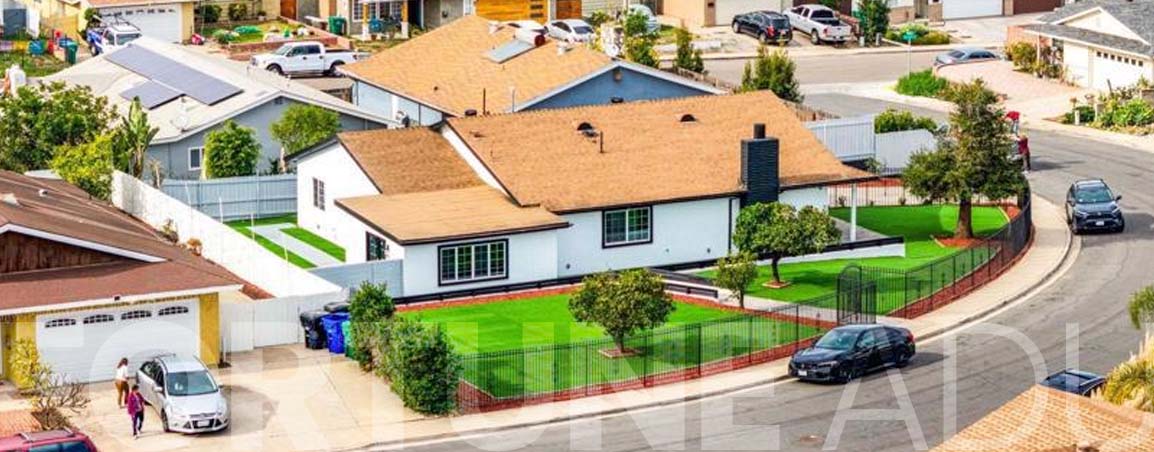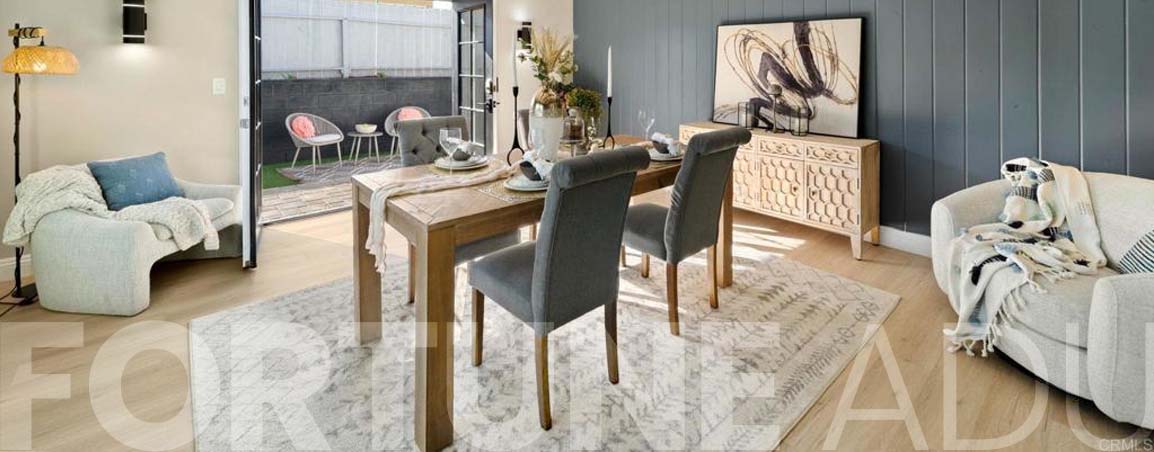Guide to Renting Your ADU in San Diego: Everything You Need to Know
Embarking on the journey of exploring Accessory Dwelling Units (ADUs) for additional rental income? You’re in good company. Many homeowners, like yourself, are delving into the potential of their properties by incorporating an ADU. Whether your focus is on immediate rental returns or planning for future space when the nest empties, the path to transforming your ADU into a lucrative rental space is both thrilling and fulfilling. This comprehensive guide serves as your go-to resource, covering everything from grasping the fundamentals to navigating the intricacies of short-term versus long-term rentals, ensuring you make the most of your ADU investment.
What exactly is an ADU Rental?
Renting out an ADU essentially involves managing a miniature apartment, conveniently located right in your backyard. It revolves around converting a section of your property into a living space that others can call home, be it for a few months or several years. The adaptability of ADU rentals, influenced by both your preferences and local regulations, provides a unique opportunity to customize your rental strategy to align with your lifestyle and financial objectives. This guide delves deeper into the essence of renting out an ADU and how you can capitalize on this promising opportunity.
Can I lease my ADU? Can I construct an ADU on a rental property?
Absolutely, you can rent out your ADU, and you can also construct an accessory unit on a rental property for additional ADU rental income. Previously, California state law mandated specific regulations regarding owner occupancy requirements. However, a bill permanently eliminating these requirements was passed in October 2023. Consequently, property owners can now add ADUs to their rental homes without any owner occupancy constraints.
Can I offer my ADU as a short-term rental?
ADUs typically adhere to California state law, allowing rentals for periods of 30 days or more. This regulation aims to encourage the utilization of ADUs for long-term housing rather than vacation rentals. Certain municipalities, such as Los Angeles and San Francisco, have waived this requirement. Rental limits, stipulated in the form of a covenant, must be agreed upon before obtaining building permits for your ADU construction. Platforms like Airbnb or VRBO offer options to set minimum rental periods, facilitating compliance with the law.
Another emerging option involves entering into a “master lease” with a company specializing in corporate housing. Such firms lease for periods of 30 days or more to professionals like military personnel, healthcare workers, and business executives relocating for work. The corporate housing company typically finalizes the rental contract before the ADU’s completion, enabling immediate renting.


